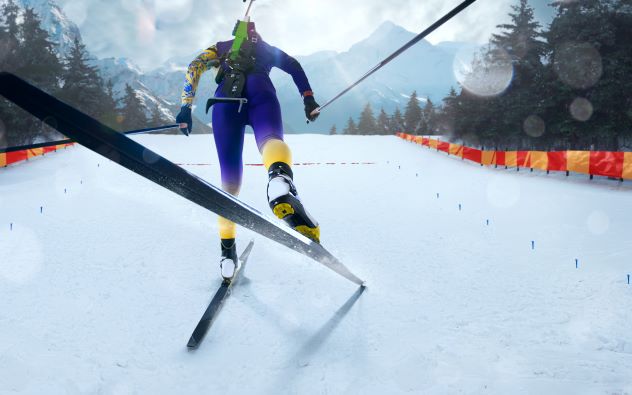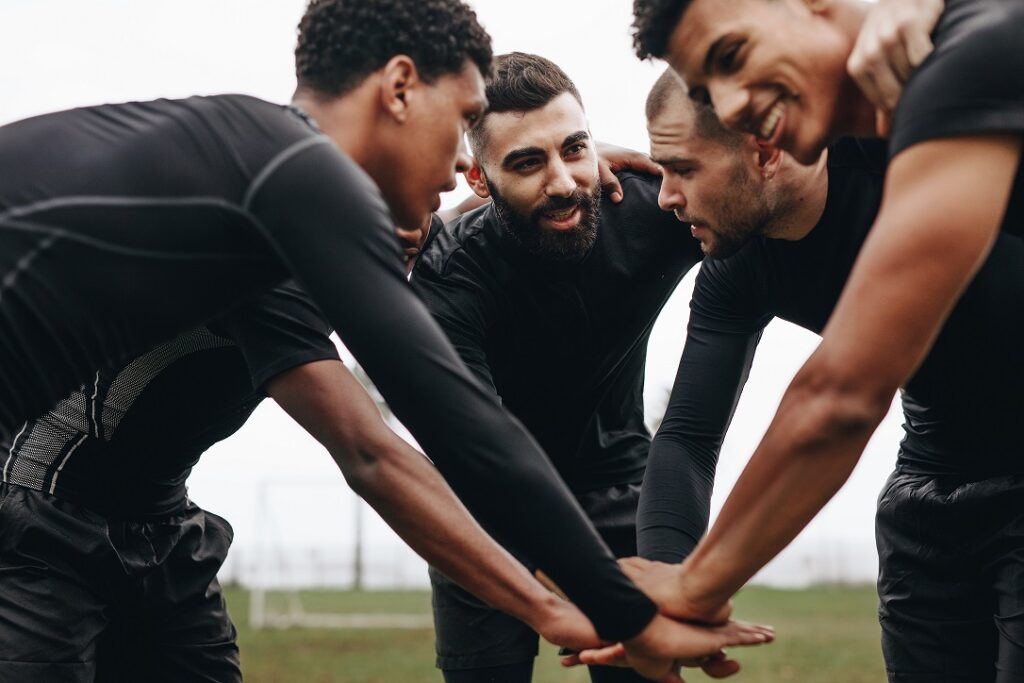World Health Day
Today is World Health Day, a global initiative to create awareness around important health issues. Social isolation and loneliness have been linked to increased risk of heart disease, stroke, depression, and other health conditions. While physical distancing measures are necessary to help prevent the spread of COVID-19, finding strategies to maintain and improve health –…
International Women’s Day
Today is International Women’s Day, a global initiative to celebrate the achievements of women and accelerate gender equity. This year, SIRC is celebrating moms who are making efforts to play sports and be physically active, despite persisting public health restrictions. However, up to 75% of moms experience barriers to regular participation, including feelings of guilt, pressure, and…
Get active as a family
Family support is positively associated with children’s physical activity levels. Parents and guardians can facilitate physical activity by encouraging, watching, role modelling, co-participating and attending physical activity events with their kids. Being active as a family encourages life-long physical activity and increases feelings of social support, connectedness and attachment – all important for good mental…
The Ripple Effect of the Pandemic: Supporting Athletes With a Holistic Approach

“Athlete career excellence” is a concept from sport psychology concerned with an athlete’s ability to sustain a healthy, successful, and long-lasting career in sport and life. It means the athlete is striving to achieve meaningful goals in sport and life while satisfying basic psychological needs and maintaining health and wellbeing (Stambulova, Ryba & Henriksen, 2020)….
Health disparities in football
Findings from the Football Players Health Study, which includes self-reports from 3,794 former NFL players, show Black, Hawaiians, Native Americans and Asian players players were significantly more likely than white players to experience diminished quality of life due to pain, cognitive troubles, depression, and anxiety. The study’s lead author, Dr. Andrea Roberts, notes “our findings…
Bell Let’s Talk Day
Today is Bell Let’s Talk Day, national initiative to build awareness, acceptance and action relating to mental health. Small actions can help support mental health and strengthen our communities during this difficult time – from recognizing the signs of stress, to taking care of yourself, to being there for a loved one. For additional support,…
Imagery use in children’s leisure time physical activities

Project summary Given the rate of children’s physical inactivity, it is important to identify strategies that assist individuals in self-regulating their physical activity behaviors. Imagery is one such strategy. Children’s use of imagery has been investigated in sport, but not all children are involved in organized sport. Children may accumulate their daily physical activity and…
Relative Energy Deficiency in Sport: What Coaches Need to Know

Mary Cain, a former record-breaking phenom, made a different type of headline when she spoke up about the pressure she faced to lose weight that caused her to disappear from the running scene (Cain, 2019). Cain’s willingness to speak up started a social media movement that brought to the public’s attention the cost of under-fuelling…
Self-Compassion in Sport 101

If you have been involved in the coaching or administrative side of competitive sport, chances are you have seen athletes experience emotionally difficult setbacks. These setbacks can range from devastating performance failures (e.g., “choking” during an important competition), to facing harsh, negative evaluations by others (e.g., spectators, teammates, competitors, parents) and/or themselves (the self-critic is…
Walking speed predicts dementia
A progressive decline in walking speed may be linked with a higher likelihood of developing dementia, according to a new study. Dual decliners – those who experience a decline in gait speed and cognition – have about a 50% risk of progression to dementia. The researchers recommend dual decliners be prioritized for interventions to reduce…